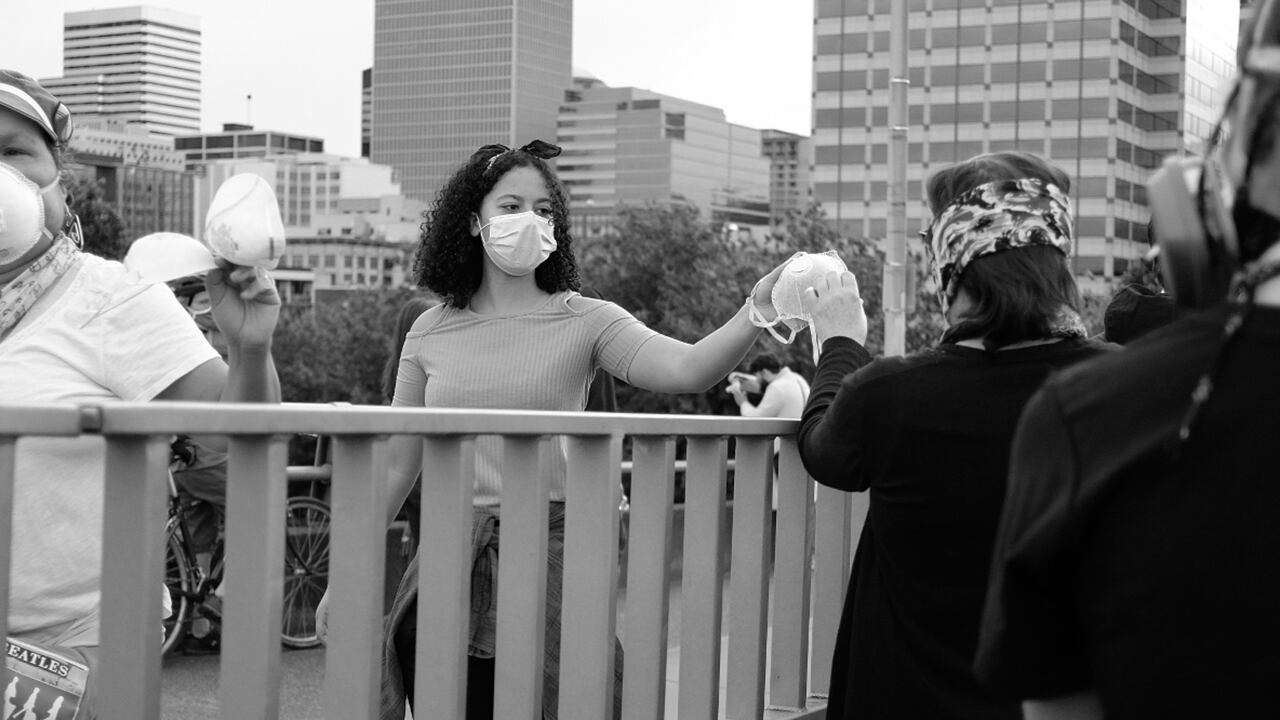Oregonians have plenty of fuel for anxiety these days. The air outside can be too smoky to breathe, and the air indoors might contain droplets from coronavirus-carrying sneezes. For Black residents, the worry may be worse: Imagine the national conversation were focused on how to respond responsibly to police killing you.
However, when Black Oregonians seek mental health care from a Black counselor to talk about these experiences, their options are scarce. Black mental health care providers are greatly underrepresented in Oregon.
A 2017 Oregon Health Authority report showed Black care providers made up less than 1% of each type of mental health focus—including Black psychologists, therapists and counselors—while Black Oregonians made up 2.2% of the state's population.
Meanwhile, white non-Latinx mental health care providers were overrepresented across the state, making up 75.1% of the population but 80% or more of each type of mental health care provider.
Black psychiatrists were slightly better represented at 1.4%, while white psychiatrists made up 81.7%.
For communities of color, a culturally specific therapist is crucial because many of the issues they face are a direct result of racism and other oppressive factors such as high poverty rates. OHA health assessments show that those in poverty and with other disadvantages are more likely to experience mental distress.
Portland counselor Denise Williams is a Black woman with almost 30 years of experience in the field. She tells WW that Black people are mentally exhausted from dealing with racism, especially younger people.
"It just wears them out," Williams says. "They're just tired, it drains them. The sad thing for me is, I grew up with this. I expect it."
The need for mental health care is present and symptoms appear early in life. Oregon health advocacy group Our Health Oregon writes that nearly half of all mental illness begins at as young as 14 years old.
Williams says white therapists can be effective for Black clients talking about racism, but it's unlikely.
"I always say, being Black, you could never know how I feel," Williams says. "I could explain it to you over and over again, but you could never feel what I feel, because you're not Black." LATISHA JENSEN.
This reporting has been funded in part by a grant from the Jackson Foundation. See more Black and White in Oregon stories here.

